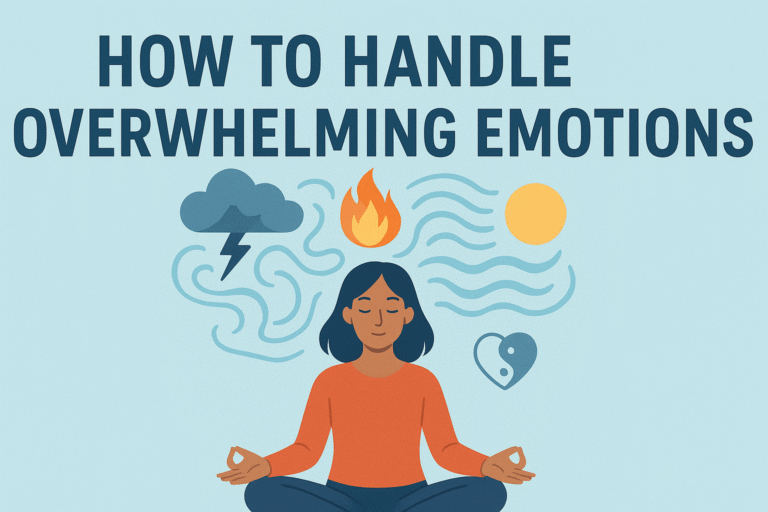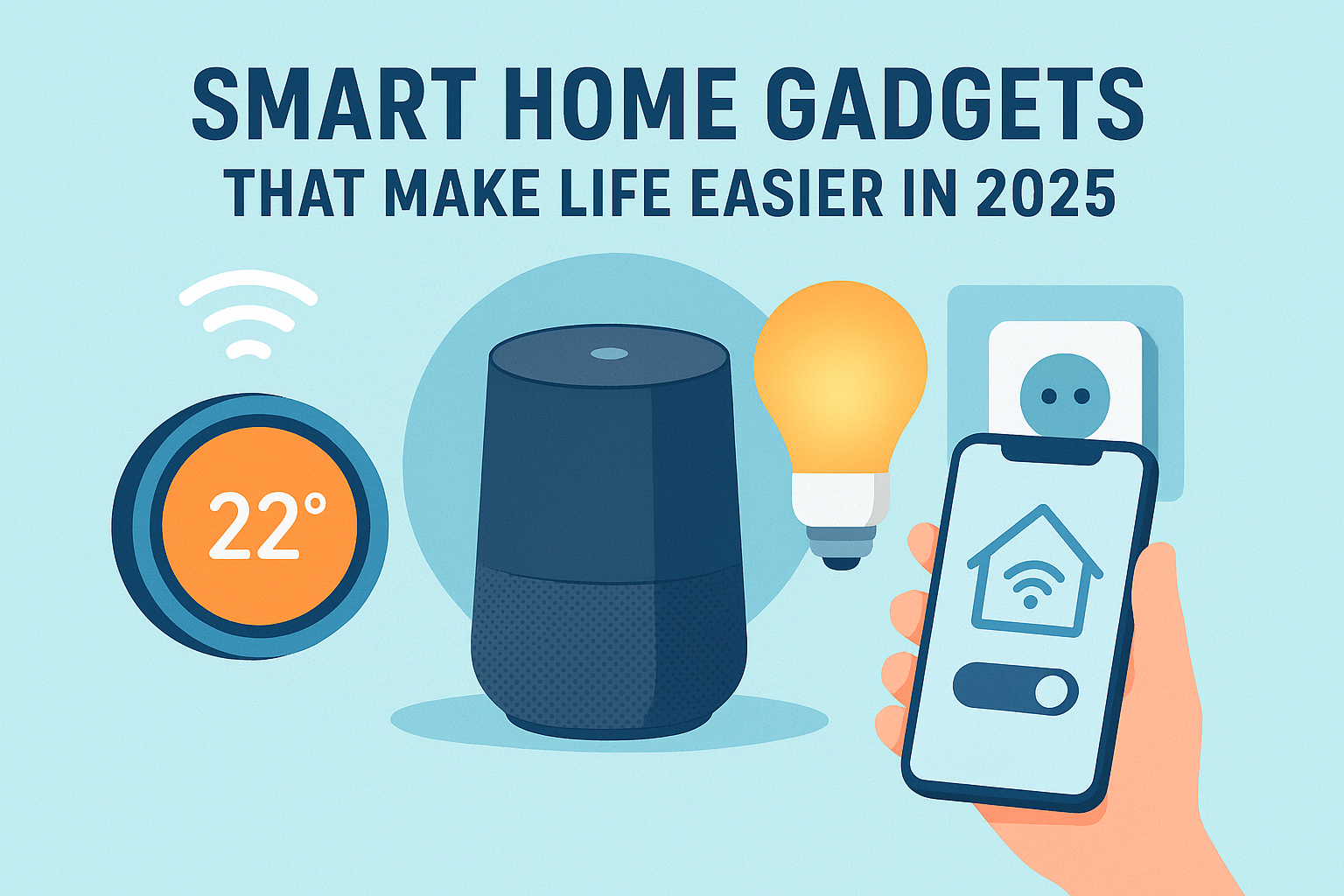
You’re earning more than your parents did. You probably have a better job, live in a better house, and eat out way more often. And yet, you feel like there’s never enough money. Why? Because every time your income goes up, so does your lifestyle. It’s called lifestyle inflation and it’s making India’s middle class feel broke, despite them earning more than ever. This is where minimalism can quietly transform your life. Not by asking you to live with nothing, but by showing you how to live smart, spend on what truly matters, and build real wealth over time. Let’s explore how it works:
1. Buy Less, Buy Better
We often buy cheap things on impulse such as clothes, home décor, and gadgets, thinking we’re saving money. But what ends up happening is we keep replacing them, over and over. Minimalism encourages you to pause before buying, and when you do buy, to choose something that lasts. This means fewer purchases overall and higher satisfaction per item. And guess what? Every unnecessary thing you don’t buy is money saved. Over time, this translates into thousands of rupees you can redirect to your emergency fund, SIPs, or even your dream vacation, turning mindless spending into mindful investing. You must keep this famous Indian saying in mind when making important purchases, “Mehnga roye ek baar, sasta roye baar baar”.
2. Choose a Smaller, Smarter Home
Many of us rent (or buy) homes with more space than we need just because it looks good or because society expects it. But minimalism reminds you: if you’re not using the space, why are you paying for it? Downsizing to a 1BHK or choosing a slightly less “prime” location can save you tens of thousands every month not just in rent, but in electricity, maintenance, and furnishing costs. That difference, when invested regularly, could grow into lakhs over a few years. That’s how less square footage leads to more financial freedom.
3. Curb the “I Deserve It” Spending
A raise, a bad day, or a weekend boredom, any excuse becomes a reason to shop or splurge. The problem is, most of these purchases are emotional and temporary. Minimalism trains you to break this loop. It says, Yes, you deserve good things but do they really have to be material things? You can choose to invest that money into a hobby that is going to make you fulfilled in the long-term.
When you stop using money to reward yourself, you naturally spend less and save more. That difference can be invested or used to pay off debt, directly increasing your net worth instead of feeding short-term satisfaction.
5. Celebrate Without Overspending
In India, celebrations can cost a fortune, new outfits, gifts, food, decoration, travel. But ask yourself: do you really enjoy it more when it’s fancier? Or are you just afraid of what people will say if you don’t go all crazy with money? Minimalism invites you to shift your focus from impressing others to being present. When you wear what you already own, give thoughtful (not expensive) gifts, and keep parties simple, you still celebrate but without draining your bank account. Those ₹5,000–₹10,000 saved per outfit? That’s money that can be reinvested into your future rather than spent on one evening of appearance.
6. Break the Status Loop
We often upgrade not because we need to, but because someone else did. A better phone, a fancier car, a luxury holiday. But minimalism helps you realise that keeping up with others is the fastest way to stay broke. When you stop chasing status, you spend less and more importantly, you start investing that money in yourself: skills, assets, health. Over the years, this compounds. You don’t just look rich, you actually become rich—quietly, steadily, without needing to prove anything to anyone.
7. Automate your Savings & Simplify Finances
Minimalism isn’t just about decluttering your closet, it’s about decluttering your financial life too. When you simplify your spending (no unnecessary subscriptions, no tracking 20 credit cards), you stop leaking money. Automating your savings at the beginning of the month ensures you always pay yourself first.
A minimalist money system means fewer decisions, less stress, and more consistency, which is what actually builds wealth. Over time, this leads to growing savings, stronger investments, and less anxiety about money. You become richer not because you earn more, but because you manage it better.
Final Thoughts
Minimalism isn’t about sacrifice. It’s about clarity. It gives you a simple, powerful lens: What actually matters to me—and what’s just noise? When you cut out the unnecessary, you free up money, time, and mental space. You stop living paycheck to paycheck and start living on purpose. In a world where consumption is constant and social pressure is high, minimalism is a silent revolution—one that slowly but surely makes you rich.



